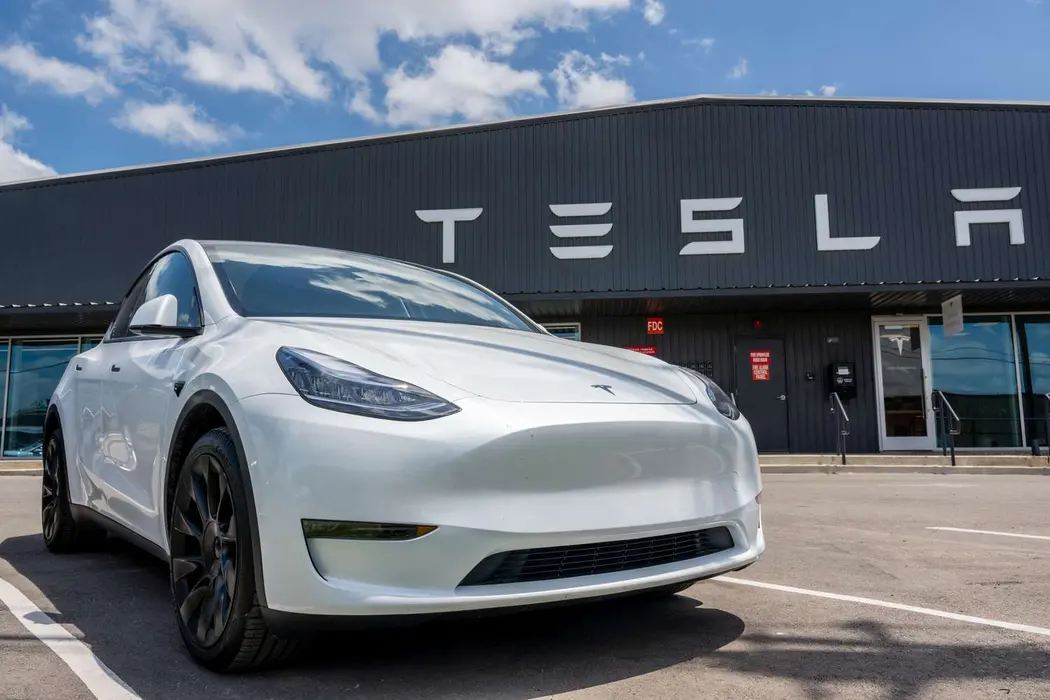T4K3.news
Tesla narrows AI chip strategy
The company will use AI5/AI6 for training and inference, pausing Dojo.
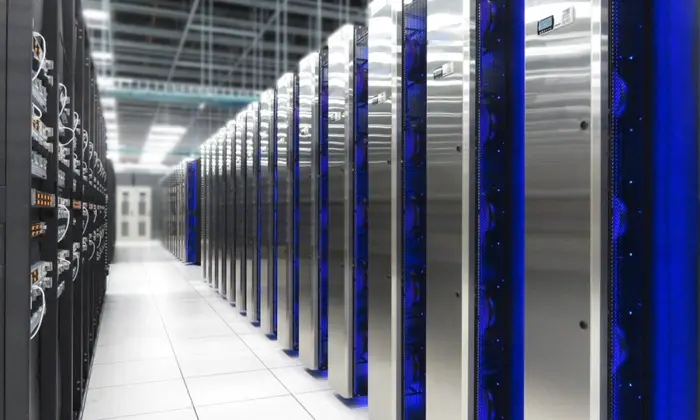
Tesla shifts its AI chip strategy by pausing Project Dojo and using AI5/AI6 chips for both training and inference.
Tesla confirms AI6 replaces Dojo as training chip
Tesla has paused the Dojo project, a move CEO Elon Musk described as a way to avoid splitting resources between two separate AI chip lines. Dojo was designed to train the company’s autonomous driving program, but Musk said the plan now is to rely on the AI5 and AI6 chips for both training and inference in FSD and Autopilot, with no consumer Dojo rollout. He also noted that consolidating on a single chip family could reduce network cabling complexity and costs.
Observers say the shift signals a broader push to streamline hardware and software in Tesla’s AI stack. The company continues to press forward on AI capabilities while tying them to a unified silicon architecture. Industry chatter has focused on whether AI5/AI6 can match the performance goals once tied to Dojo, and how the realignment might affect supplier relationships, manufacturing timelines, and the pace at which Tesla expands its consumer products that rely on AI systems.
Key Takeaways
"In a series of posts on X, Musk stated that it would make sense to use AI5/AI6 chips for both training and inference in Tesla's systems."
Musk outlines the consolidation rationale
"Dojo is Tesla’s AI training supercomputer, built around a custom chip known as the D1."
Dojo description
"The D1 and AI5/AI6 share many core design elements, particularly the math operations used in neural networks."
Technical equivalence observation
"AI6 is now Dojo"
Industry observer’s takeaway
The move reflects a preference for consolidation over parallel development. By folding Dojo into a single chip family, Tesla aims to shorten supply chains, cut costs, and speed up deployment, but it also concentrates risk in a single path for training and inference. If AI5/AI6 deliver on performance, the strategy could free resources for broader product integration, yet any shortfall or delay would reverberate across investor expectations and production planning. The episode also highlights the tension between ambitious, long term AI ambitions and the practical needs of scaling for mass market use. In the broader tech race, this signals a trend toward simpler, more integrated silicon ecosystems rather than multiple bespoke platforms competing for attention.
Highlights
- One chip family to power every Tesla brain
- Dojo may live on as AI6 in plain sight
- Consolidation over fragmentation is a bold move
- Tesla bets on speed over split projects
Budget and strategic risk from Dojo pause
Tesla's shift to a single chip family could reallocate billions in hardware and software development. Investors may react to changes in timelines, product readiness, and vendor relationships as the company leans on AI5/AI6 for training and inference.
The next chapters will reveal how fast one chip family can power Tesla’s ambitious AI vision.
Enjoyed this? Let your friends know!
Related News
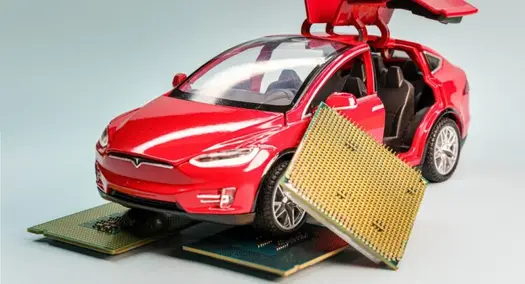
Tesla refocuses chips after Dojo
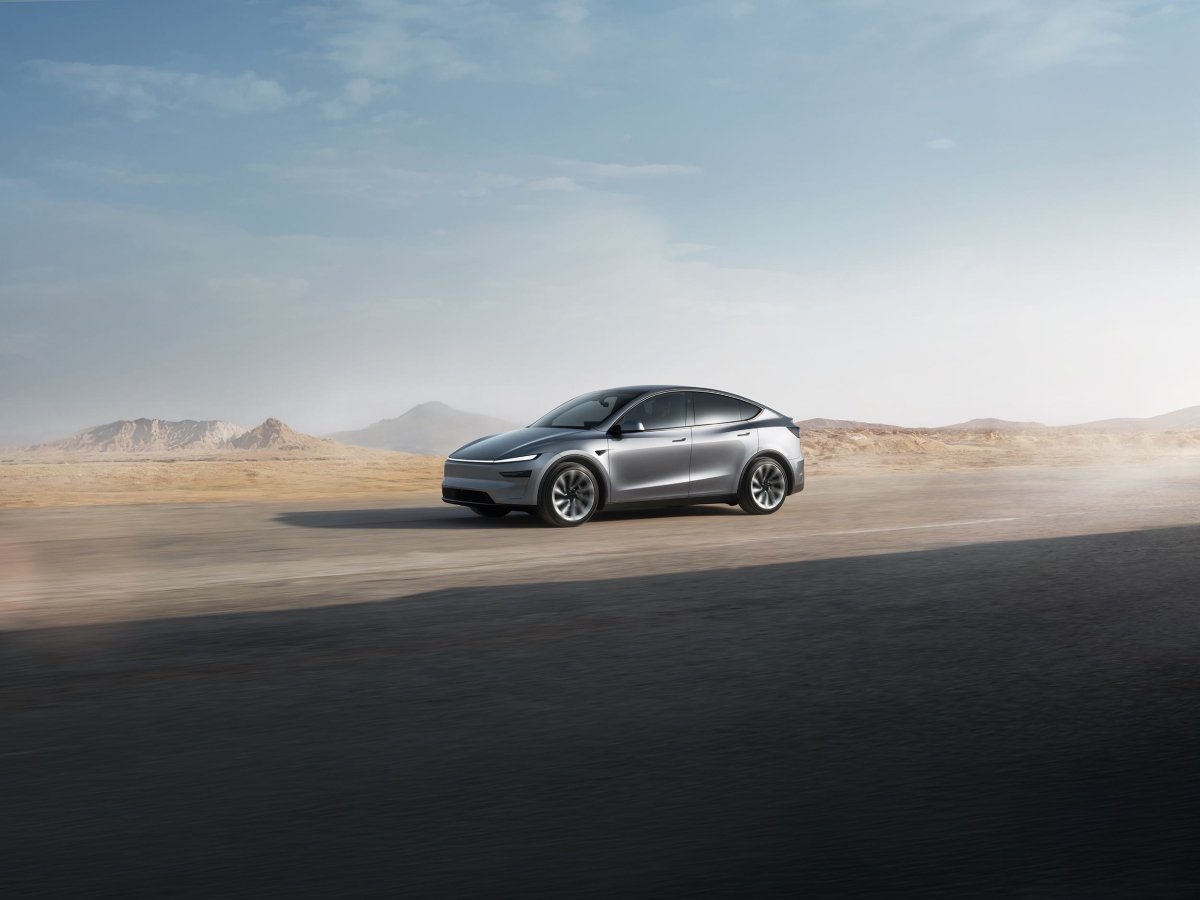
Tesla Robotaxi in Texas Next Month
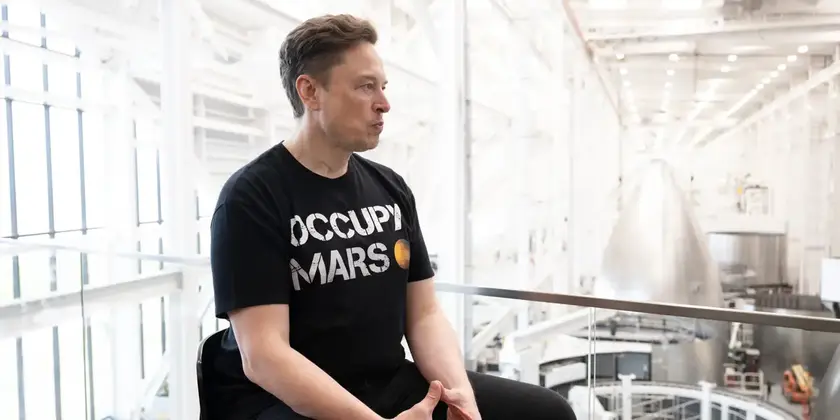
Musk's companies unite efforts in AI funding
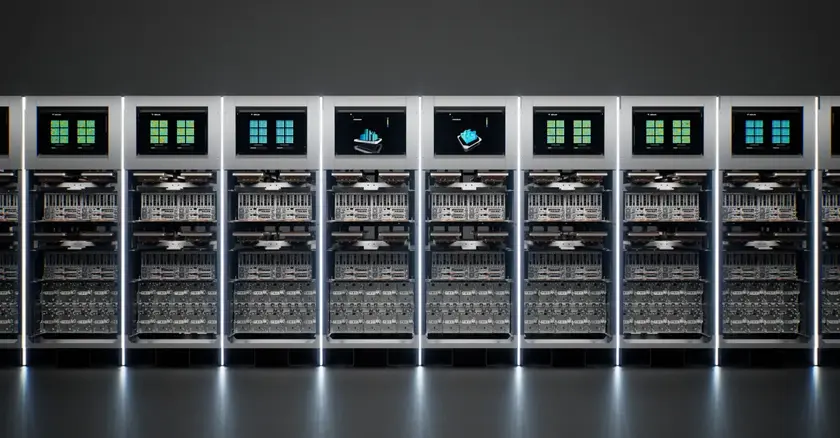
Tesla ends Dojo project
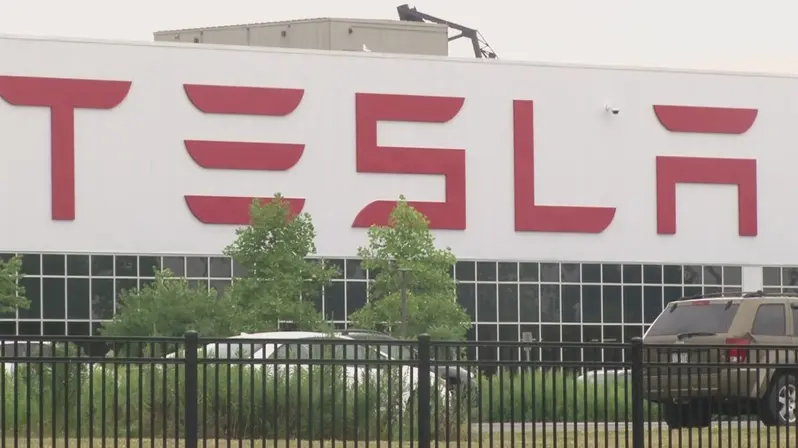
Tesla ends Dojo project in Buffalo
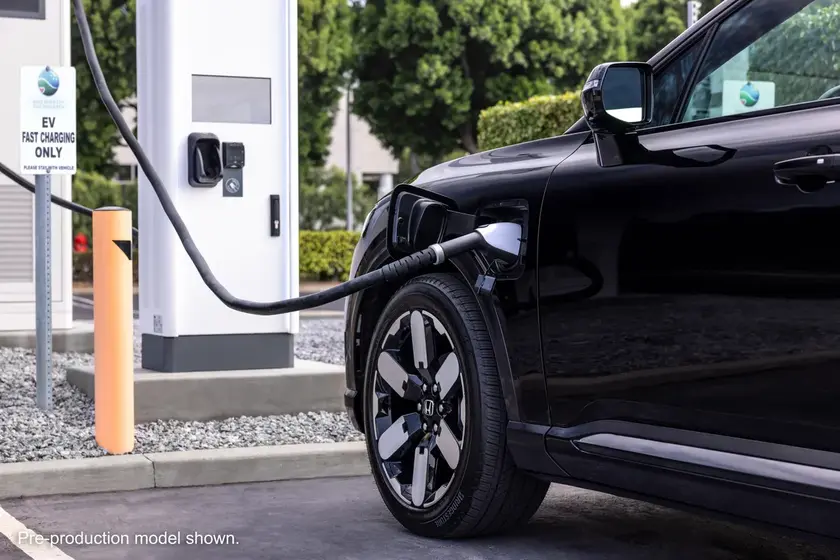
Tariffs and Chips Plan Threaten Auto Makers
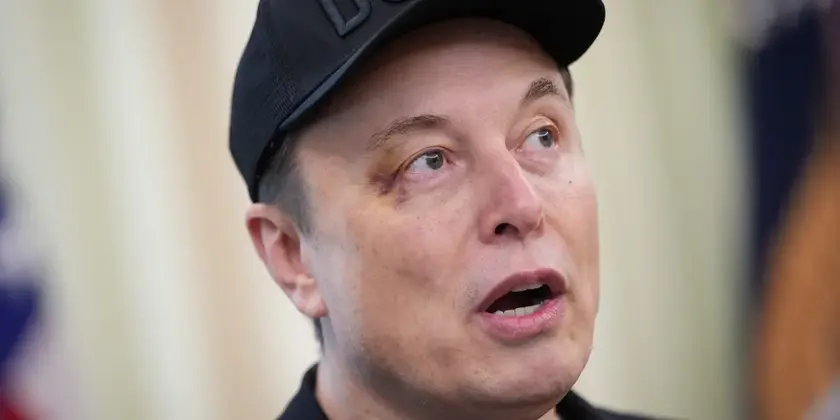
Tesla experiences stock decline after Musk alters growth forecasts
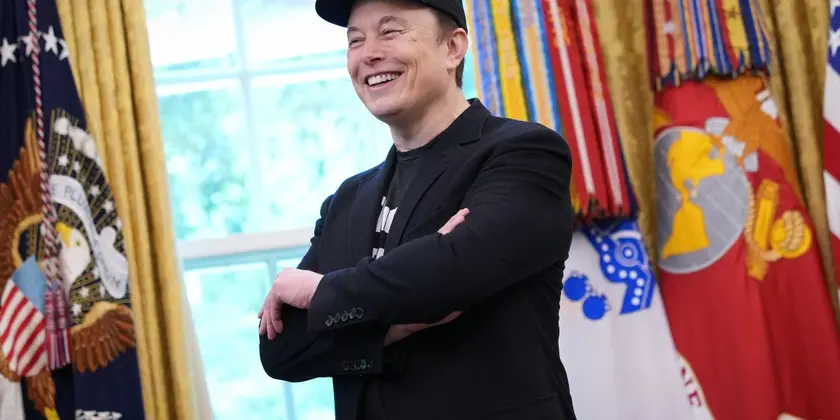
Elon Musk's xAI signs significant Pentagon contract
